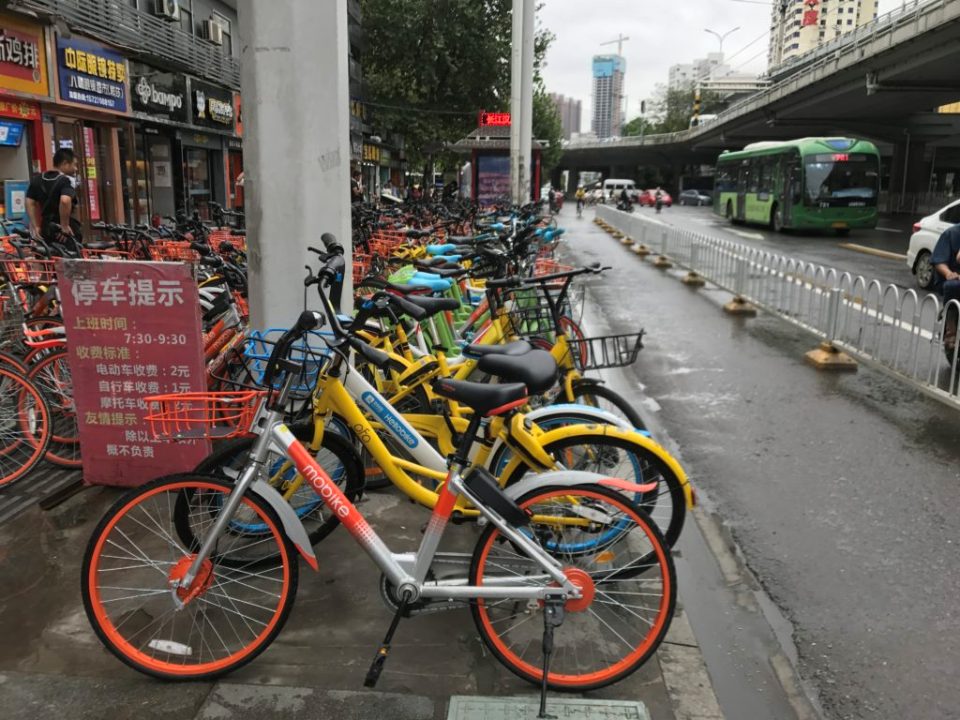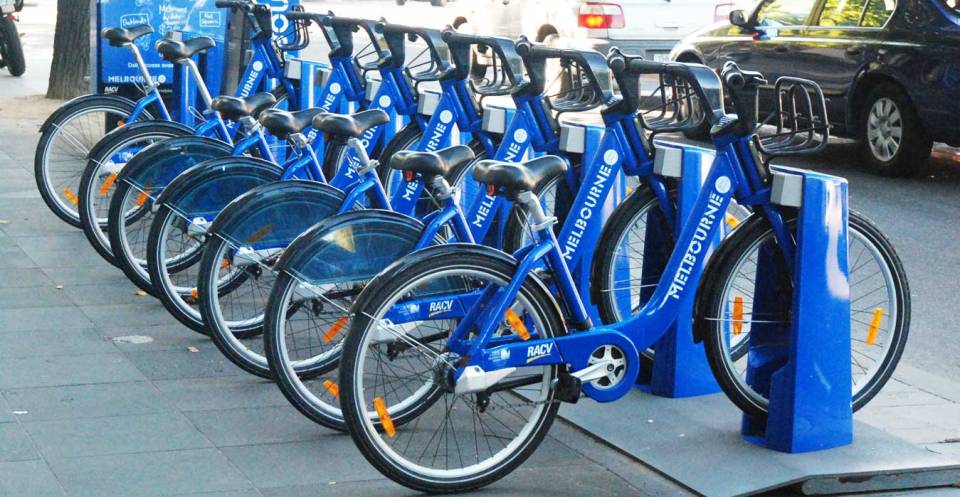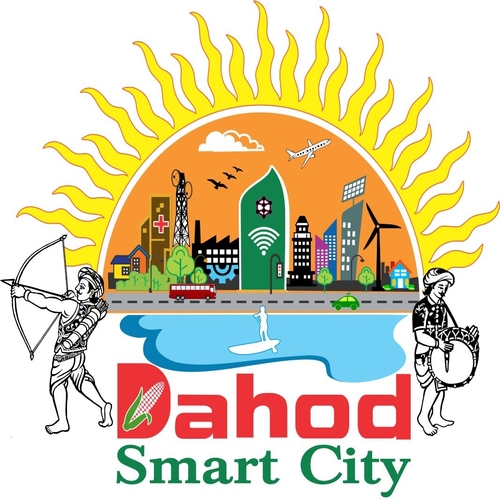

Cycle Sharing
Introduction
Greater Dahod Corporation (DCC) is the first municipal corporations in India to put in place a Non-Motorized Transport (NMT) policy. Various NMT initiatives like construction of pedestrian-friendly footpaths and the modernization of bus shelters have already been implemented. To promote these initiatives further, the GCC has proposed to implement cycle sharing on a pan-citybasis.
Cycle sharing is a form of personal transport that improves personal health, is non-polluting and offers flexibility, making it a great option for short trips and as a feeder to public transportation. Individuals use the cycles on an “as needed” basis and return the cycles to a registered parking spot when they are done. With the help of a smart card or mobile app, a user can check out a cycle from any station, use it and return it to another station of the system in a hassle-free manner. A small time-based usage fee is then deducted electronically. This ensures that cycling is a cheap form of transport that is accessible to all strata of the populace.
To start, the GCC is set to develop a bicycle sharing system starting with 5000 bicycles housed in 378 stations in the city. Subsequently, the selected private service provider may choose to increase the number of bicycles and slots to meet the demand. Dahod will adopt a dockless cycle sharing system utilising light-weight single-rider bicycles. The new proposal is expected to improve last mile connectivity of bus- and rail-based forms of transportation significantly as well as improve the health of users and the citizenry in general.
The number of registered parking slots in a system, where shared cycles are parked, will be roughly twice the number of total cycles in operation. Bigger parking yards at some important locations, like public transport stations, will have a larger number of cycles available. The success of the system is dependent on improving the distribution of cycles throughout a system.
Users will get information on bicycle location and their availability through a web portal and a mobile app. Operators will also use the GPS data collected from chips aboard the cycles to redistribute them from saturated locations to empty ones to ensure availability at all locations.
